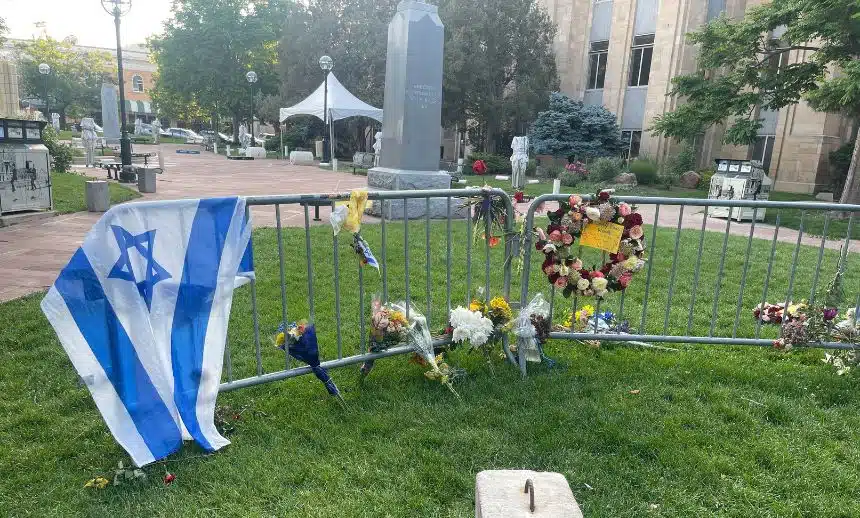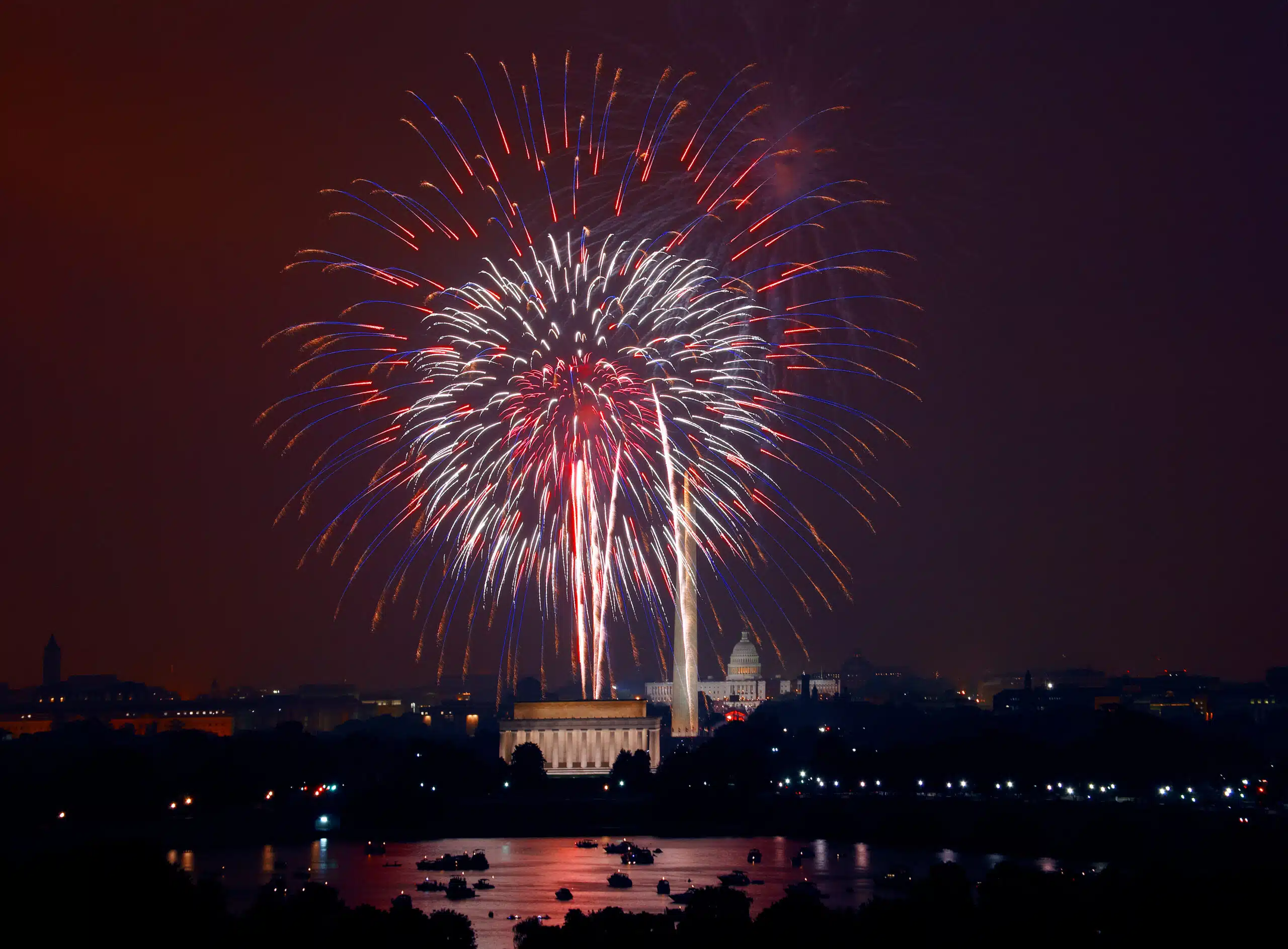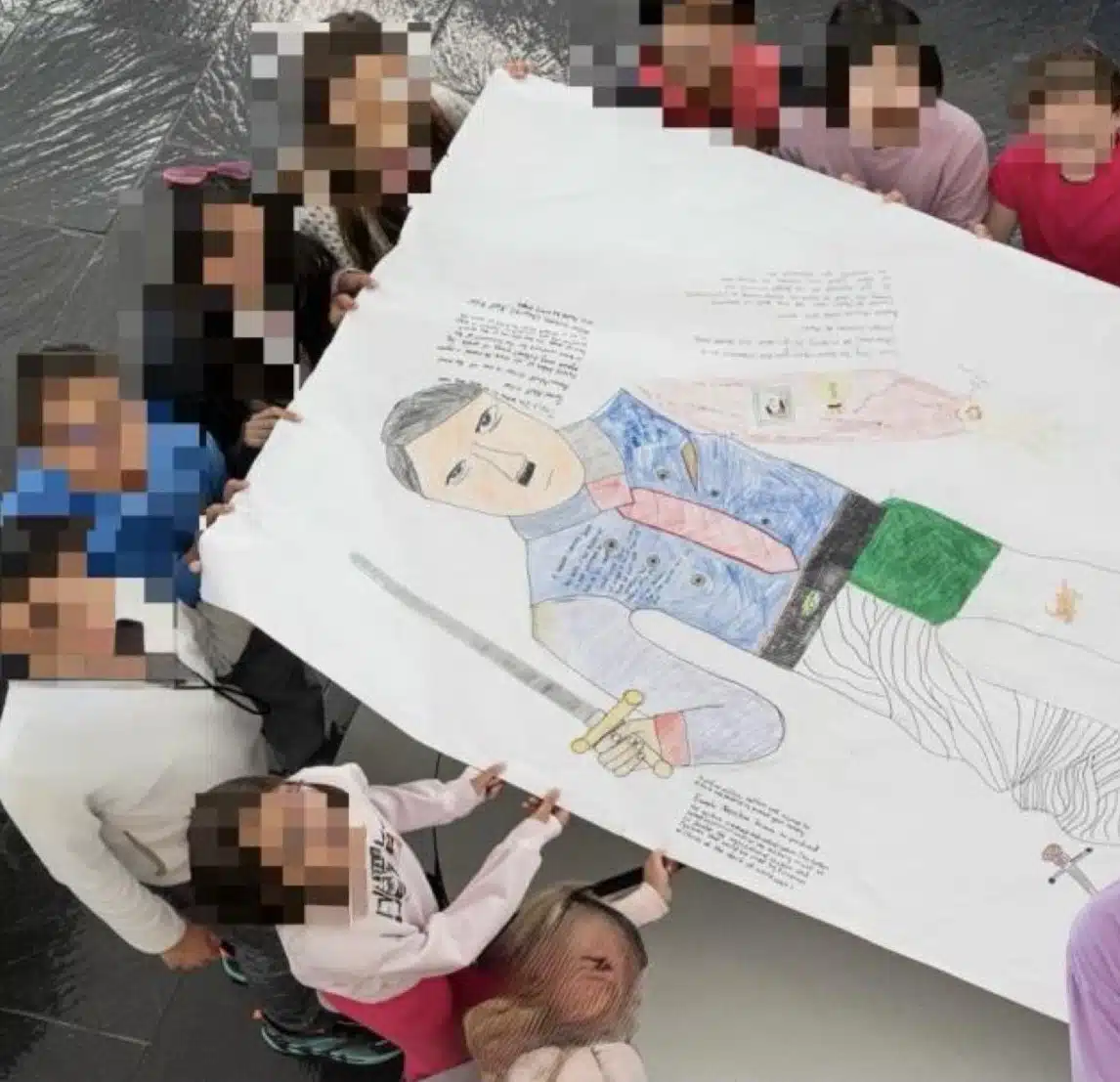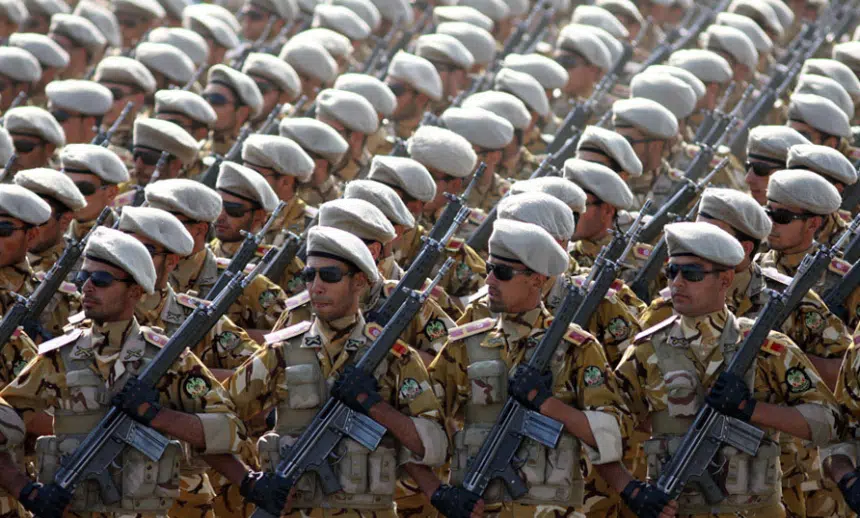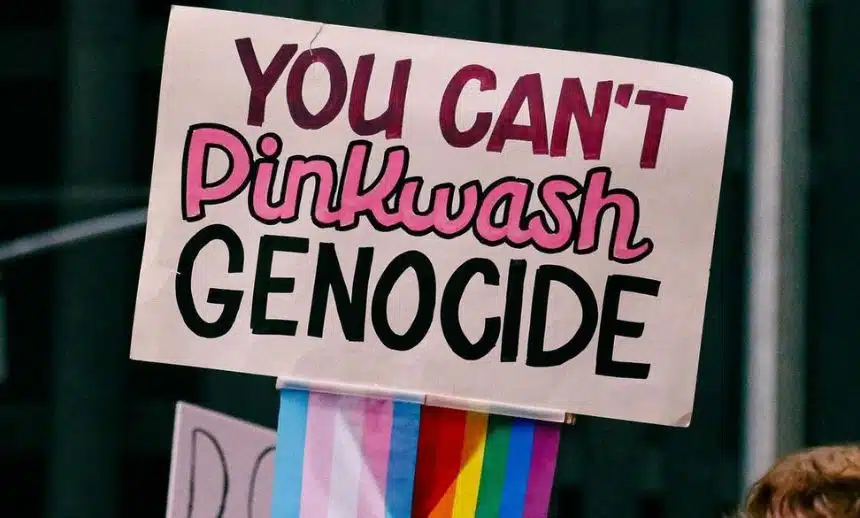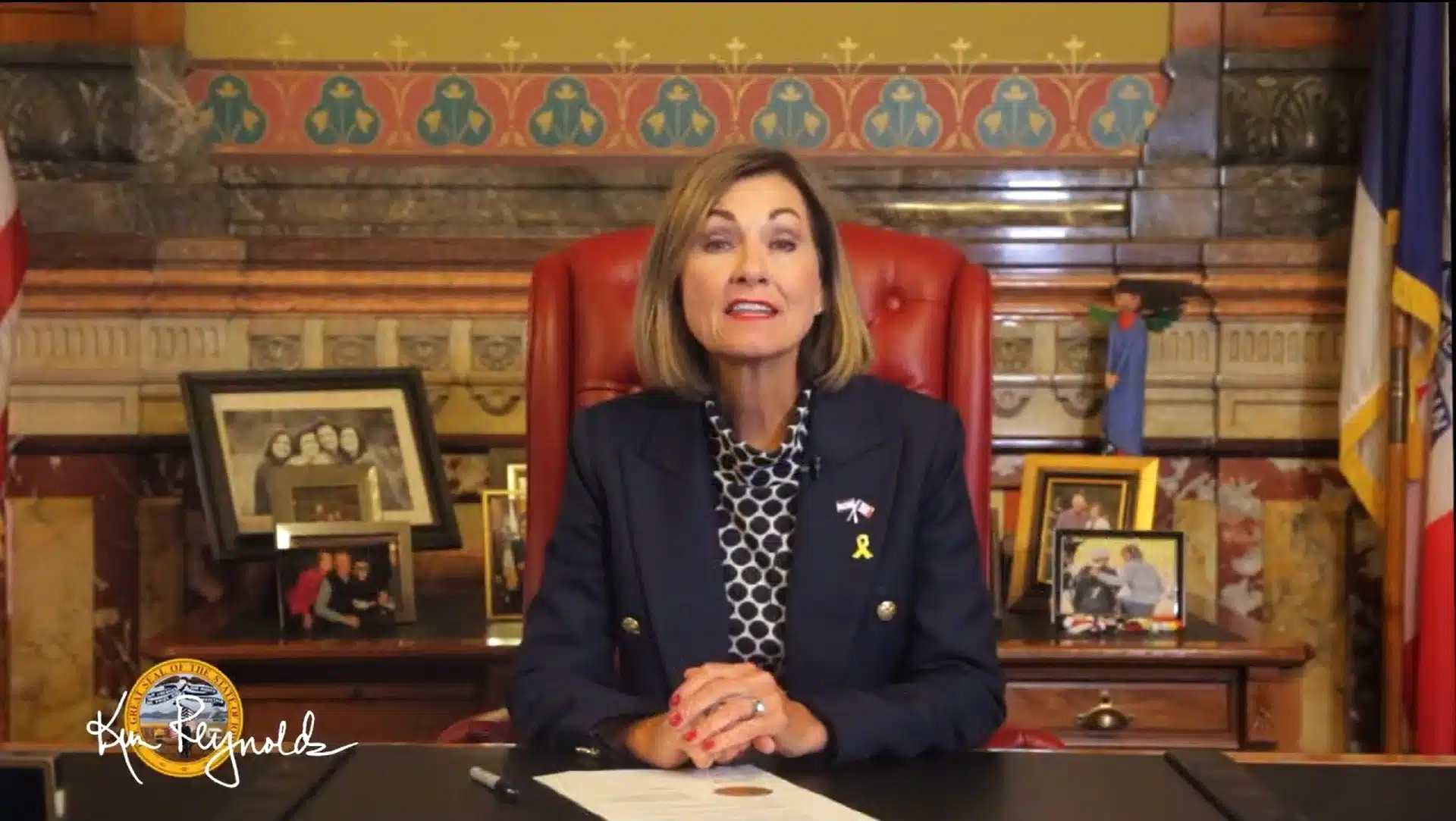
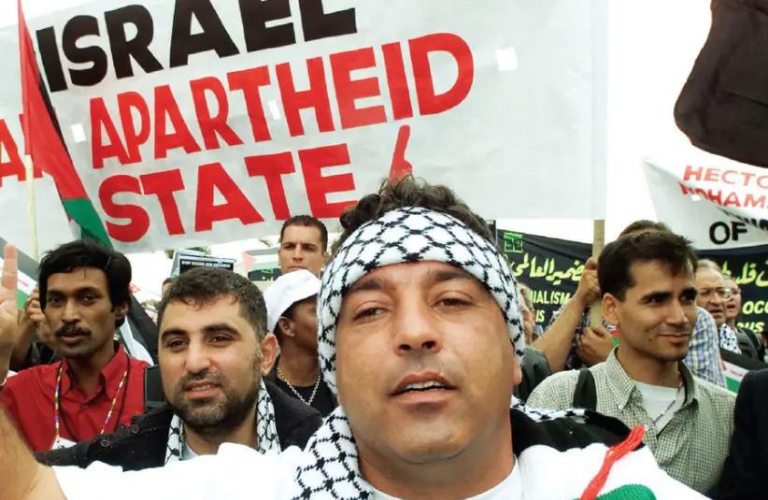
Hungary Joins Growing List of Countries Boycotting Durban Anniversary Event Over Antisemitism Concerns
Hungary became this week the first European Union member state to announce it will not attend an upcoming event marking the 20th anniversary of the UN’s controversial World Conference Against Racism in Durban, infamous for its platforming of antisemitic discourse.
“The Hungarian government declared a zero-tolerance policy against antisemitism and is fully committed to guarantee the safety of the Jewish people that we also consistently represent in the international fora,” Hungarian Foreign Minister Peter Szijjártó wrote in a letter to Mark Weitzman, the Simon Wiesenthal Center’s director of government affairs.
Hungary’s move followed a slew of other pullouts by Western countries, including the U.S., UK, Canada, and Australia, who all cited similar concerns regarding the antisemitic legacy of the 2001 event and subsequent follow-up conferences in 2009 and 2011.
During the original 2001 World Conference Against Racism, known as Durban I after the South African city it took place in, Israel was obsessively singled out for allegations of racism and the accusation of “apartheid” leveled against the Jewish state was given unprecedented oxygen.
Draft texts prior to the conference also sought to rehabilitate the notion that Zionism is a form of racism, which used to be the UN General Assembly’s official position between 1975-1991 under Soviet influence. While the wording was later amended, the U.S. and Israel both pulled out of the conference over its initial adoption.
Furthermore, the anti-Zionist discourse promoted during the conference was compounded by a frenzied atmosphere of openly antisemitic hatred. Copies of The Protocols of the Elders of Zion and flyers depicting Nazi leader Adolf Hitler with the text “What if I had won?” were widely circulated among conference attendees.
In conjunction with the main UN conference, Durban also hosted a side gathering of 3,000 NGOs, during which motions put forward by Jewish groups to oppose antisemitism were repeatedly and unanimously defeated. This included a proposal to label Holocaust denial and anti-Jewish violence stemming from Jewish support for Israel as forms of antisemitism, which today would meet multiple criteria of the widely-adopted International Holocaust Remembrance Alliance (IHRA) working definition.
Following the conference, Mary Robinson, the UN High Commissioner for Human Rights at the time, admitted that there was “horrible antisemitism present” throughout the event.
Subsequent events in 2009 and 2011, known as Durban II and Durban III respectively, saw a similar preponderance of antisemitic discourse.
At Durban II, then-Iranian President Mahmoud Ahmadinejad originally planned to describe the Holocaust as “ambiguous and dubious” in his speech, before changing it to accuse Jews and Western nations of “abusing the question of the Holocaust” to justify Zionism.
Israel was also the central theme of Durban III, with nation after nation tearing into the supposed evils of the Jewish state. Statements such as those by the Lebanese minister of foreign affairs, objecting to the “Jewish character” of Israel as antithetical to “peace and tolerance,” defined what was meant to be a global conference against racism.
In protest of this reoccurring theme, Durban II and Durban III were boycotted by 10 and 14 countries respectively, including the US.
With Hungary the latest country to boycott the upcoming conference, termed Durban IV, other countries, including France, are expected to join the list in coming weeks.
read more
Join Our Newsletter
Free to Your Inbox
"*" indicates required fields



